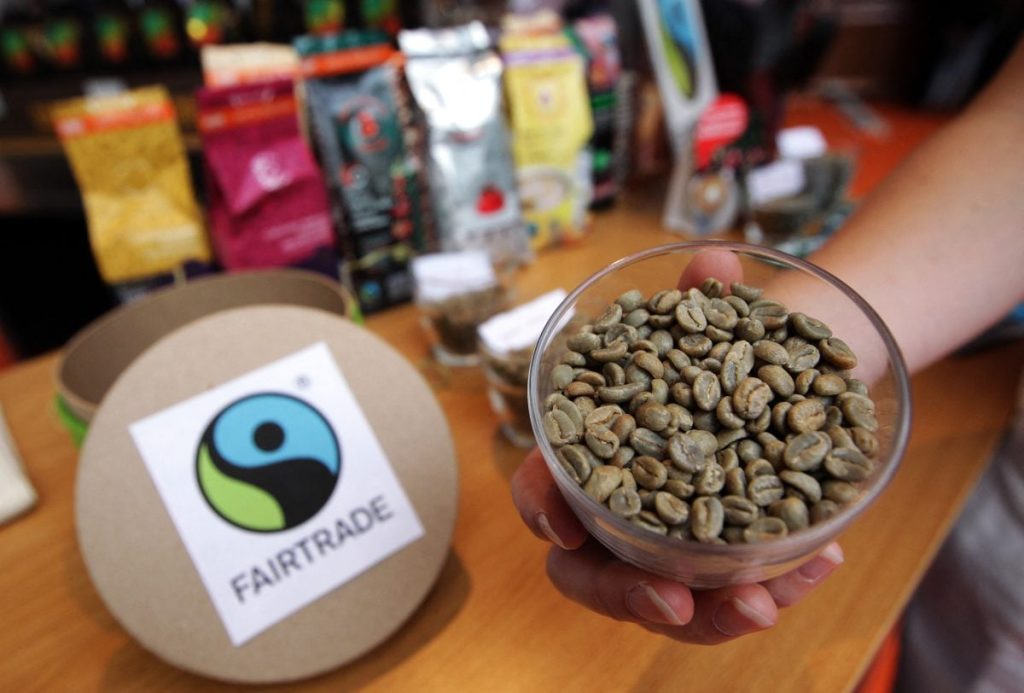Fairtrade’s Impact on Ethical Farming and Markets in Africa

Amid increasing pressure on food companies globally, efforts are underway to enhance the ethics of food supply chains. Fairtrade, the non-profit organization, plays a vital role in ensuring the responsible sourcing of food products. The Fairtrade mark is a symbol of ethical production that emphasizes fair working conditions, sustainable farming practices, and ethical trade relations in the agrifood industry.
With over 37,000 products across 140 countries bearing the Fairtrade mark, the organization’s voluntary certification scheme collaborates with farmers in cooperatives to uphold these standards. Certified cooperatives gain access to global markets with guaranteed prices, empowering farmers to cover costs and break even.
Additionally, the Fairtrade premium further supports farming communities by aiding projects like education, healthcare, and clean water. The organization’s emphasis on compliance and audits ensures that benefits reach certified cooperatives, with over 1.5 billion euros generated in premiums over the past decade.
Africa, a significant hub in the Fairtrade network, dominates the production of primary products like coffee and cocoa. Fairtrade Africa focuses on assisting farmers in meeting evolving regulatory demands, such as the European Union Deforestation Regulation, to maintain market access.
Efforts to help farmers adapt to stringent requirements are crucial, although concerns over excessive regulations impacting farmers persist. Fairtrade’s strategic partnerships and advocacy for local processing aim to create higher value chains in Africa, promoting ethical consumerism and sustainable practices.
The organization’s long-term success hinges on consumer values aligning with Fairtrade principles, amidst challenges from shifting corporate commitments. Critics raise issues of mismanagement in cooperatives, highlighting the need for transparent and accountable operations to ensure fair distribution of premiums.